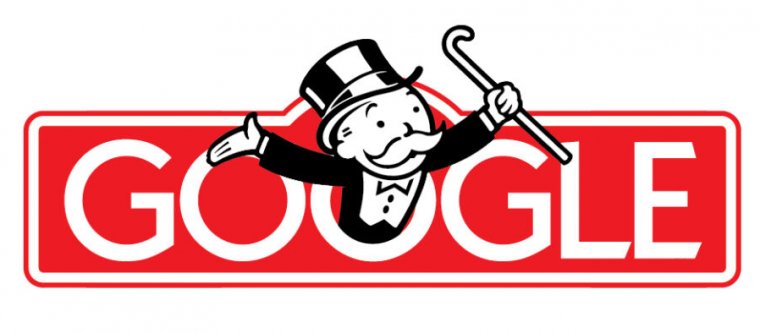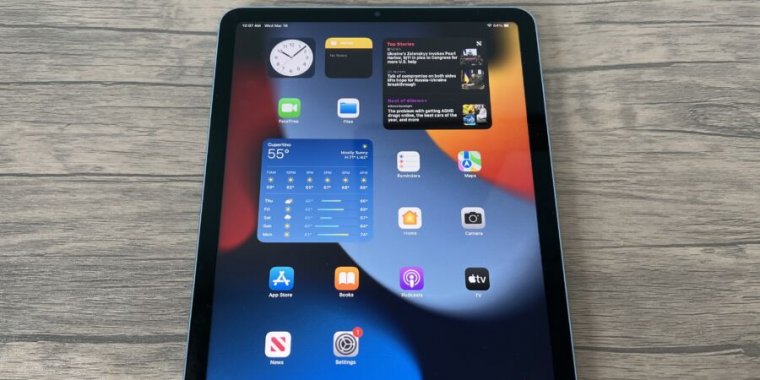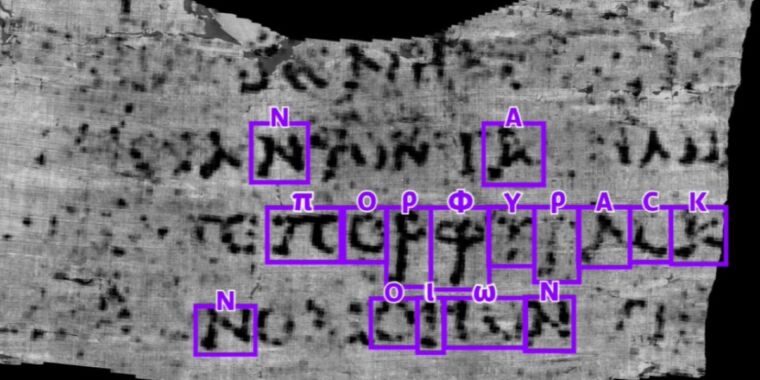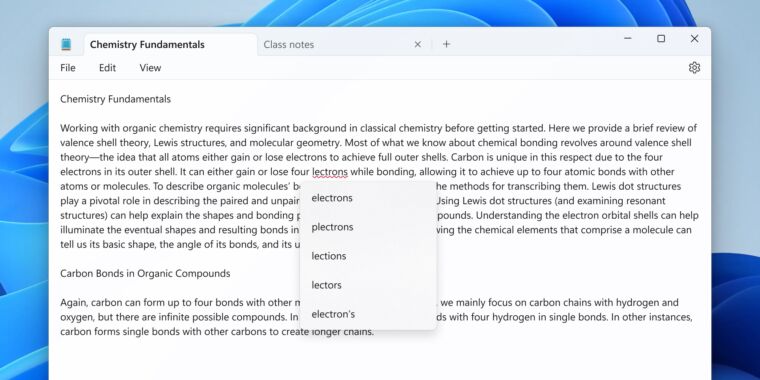
Ron Amadeo / Hasbro
Dozens of exhibits from the Google antitrust trial are still being hidden from the public, The New York Times Company alleged in a court filing today.
According to The Times, there are several issues with access to public trial exhibits on both sides. The Department of Justice has failed to post at least 68 exhibits on its website that were shared in the trial, The Times alleged, and states have not provided access to 18 records despite reporters’ requests.
Google’s responses to document requests have also been spotty, The Times alleged. Sometimes Google “has not responded at all” to requests to review public exhibits. Other times, Google responds, but “often does not provide the exhibit in its entirety,” The Times claimed, including limiting public access to “particular page(s) of the exhibit shown to a given witness.”
The Times has asked the court to intervene and expand public access to key evidence weighed in what’s “arguably the most important antitrust trial in decades, with far-reaching consequences for the future of the tech industry.”
This is just the latest attempt to stop the Google antitrust trial from being shrouded in secrecy. Just before the trial, advocates lost a fight to get the court to provide a public access audio stream of the whole trial. Then shortly after the trial began, Google tried and failed to reduce public access to trial exhibits by requesting an opportunity to review every trial document before the DOJ posted anything online.
The drama over Google’s request to control how trial documents are shared concluded with an agreement between the DOJ and Google that either party would have an opportunity to object to the release of certain trial exhibits within three hours—a matter that both parties would have to prepare to argue the following trial day. Otherwise, either side “may” post the trial exhibit the next day.
In The Times’ court filing, the news organization said that “importantly, however, the order does not command parties to make trial exhibits publicly available; it says only that parties ‘may’ follow the process if they wish to publicly disseminate exhibits. The order also notes that certain types of exhibits—those objected to or used solely in closed session, as well as exhibits ‘pushed’ into evidence without being used in open court—cannot be posted without the Court’s authorization.”
Perhaps because of this lax phrasing of the order, The Times contended that “media outlets covering this case still do not have full and timely access to admitted trial exhibits,” among “other access problems” springing from a series of closed sessions during the trial.
“To date, seven days of trial have involved some degree of witness testimony given in secret; on one day, the Court excluded the public from the courtroom for the entire day,” The Times’ court filing said, noting that “the Court has since taken steps to partially unseal transcripts of this testimony.”
However, even these steps have resulted in incomplete access, The Times alleged. Although these “partially redacted transcripts of witness testimony that took place in a closed session” have been made available, the public still does not have access to the trial exhibits “presented to witnesses during the now-public portions of their testimony.”
The public has a “weighty” constitutional right to access the Google trial exhibits to fully consider the government’s case against Google, The Times argued. In its motion to intervene, The Times asked the court to expand access by amending the order granting the agreement struck between the DOJ and Google on sharing trial exhibits. Perhaps most significantly, The Times wants the court to change the language so that instead of saying that parties “may” post documents online, the order would rather say that parties “must” post documents online.
Google declined Ars’ request to comment. The DOJ did not immediately respond to Ars’ request to comment.








